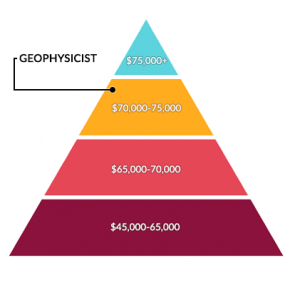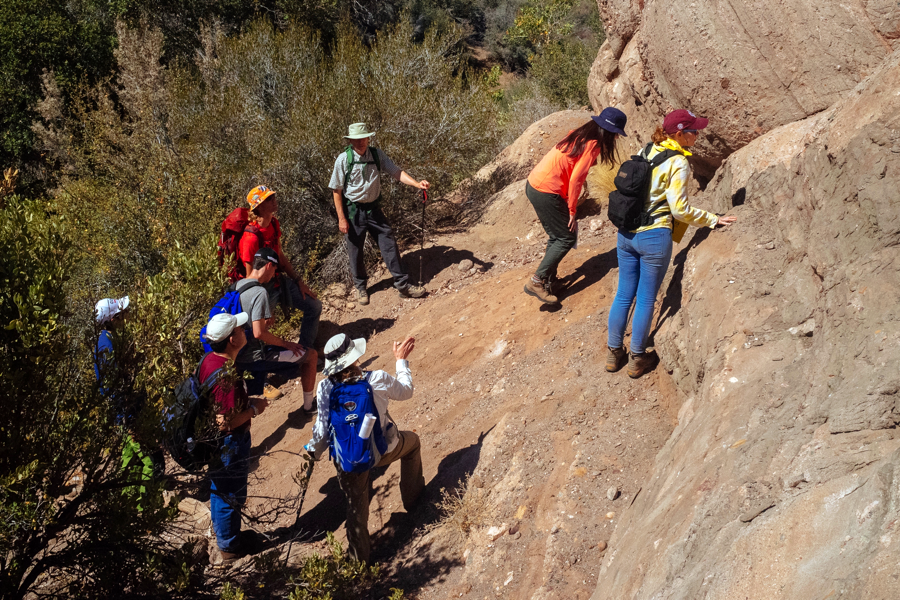All Categories
Featured
Table of Contents
Geophysical Surveys - Mining, Exploration And Geoscience in Langford Australia 2023
This work is increasingly contracted out, so consultancies supply another source of employment. Consultancy firms vary in size, from very little business to big multinationals. Some consultancies are rather specialised in using particular geophysical strategies or working in specific areas, while others use a more varied series of services to their clients.
The extraction of gas from landfill sites is another location of employment and this may grow in the future. Exploration companies may carry out work for building companies, water companies, mining business and environmental agencies, so geophysicists may be employed in any of these settings. Other employers include: geological surveysgovernment bodies and agenciesuniversities and research institutes.


Jobs might be listed in the oil and gas sector press. Recruitment is impacted by oil price fluctuations and the level of competitors for positions varies depending on this. Professions Days, which cover the complete variety of geoscience careers and are normally participated in by a variety of key market employers, are run by The Geological Society.
How To Become A Geophysicist in Woodbridge Aus 2020
Some of the large oil and gas companies offer a full two-year structured training program across the breadth of geophysics, consisting of the opportunity to experience work in numerous teams prior to specialising in one area. Your training might consist of deal with: existing wellsmagnetic and gravitational prospective field data analysisresearchrock analysis. It's more normal for your initial training to be offered on the job.

There might be a probationary period throughout which you work together with an experienced colleague. Competency-based appraisals take place regularly in a lot of companies. In smaller sized companies, and for scholastic posts, there is unlikely to be any official training - you'll be expected to begin work straightaway and pick up abilities as you go along.
If you work for a smaller sized business, you might discover that you need to take obligation for organizing and funding your own advancement and training. If you have a geology degree, subscription of The Geological Society can be useful for networking and for keeping up to date with the market.
Geophysicist Salary And Job Description 2023 in Balcatta WA 2021
You may likewise discover it helpful to sign up with the PESGB (The Petroleum Exploration Society of Great Britain, which has a geophysics special interest group. After a probationary period, and once you have actually gotten some experience, you might advance to senior geophysicist, then group leader and then into a senior role in management.
The ease of motion in between roles depends on the business structure. Research study at Masters or Ph, D level in a subject related to geophysics or geosciences may assist with your profession advancement and development. The employment market within the oil and gas industry is extremely based on rate and this might affect your opportunities for career progression.
However, not all jobs depend on the oil and gas markets. For knowledgeable geophysicists, freelance consultancy offers an excellent path for career development. You can likewise specialise in a specific location of geophysics. As a geophysicist, you're most likely to have several jobs throughout your working life. Global mobility is crucial for handling peaks and troughs in different nations at different times.
Airborne Geophysical Surveys Of The Lower Mississippi ... in Boya WA 2022
From geophysics, it's possible to focus on seismology (finishing further training to end up being a seismic interpreter) or to move into associated areas such as engineering geology or danger forecast.
Deciding what to study in college is a tough option. Even if you know that your field of interest lies in science, what program of study is right for you? If you make the choice to significant in physical and life sciences and pursue a career as a geophysicist, you're getting ready for an interesting and successful profession.
But the very first step to achieving your goal of ending up being a geophysicist is making a degree. Even for entry-level positions in the field of geoscience, you'll need a bachelor's degree (a geophysicist college degree) from a certified college or university. Some research positions require candidates to hold master's degrees and even Ph.
Geophysicist Job Description, Career As A Geophysicist ... in Beckenham Western Australia 2020
Postgraduate degree are specifically crucial if you plan to teach at a four-year institution. Geophysicists use physics ideas and strategies to study the gravitational, magnetic, and electrical fields of the earth. This advances scientists' knowledge of both the world's interior core and its surface. Geophysicists need to be able to: evaluate rocks, photos, and other pieces of data carry out research both in the field and in labs produce maps and charts of their findings compose reports To achieve all this, students require a specialized education for geophysicist careers.
As stated above, you'll require a bachelor's degree in geoscience or an associated discipline, such as a physical science or a natural science, to land an entry-level job. But trainees can also prepare by majoring in topics like: Biology Chemistry Computer science Engineering Mathematics Physics The above geophysicist majors offer a more generalized approach to a single clinical discipline, however many programs require trainees to take several geology course.
Latest Posts
Geophysicist Job Description in Guildford Aus 2023
Marine Geophysical Surveying - in Maddington Aus 2023
Geophysical Survey - Suffolk Heritage Explorer in Millendon WA 2023